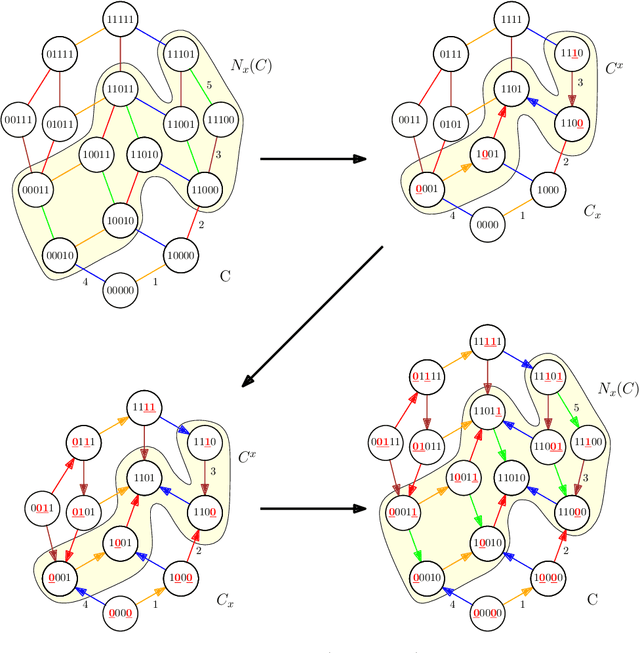Unlabeled sample compression schemes and corner peelings for ample and maximum classes
Paper and Code
Dec 05, 2018
We examine connections between combinatorial notions that arise in machine learning and topological notions in cubical/simplicial geometry. These connections enable to export results from geometry to machine learning. Our first main result is based on a geometric construction by Tracy Hall (2004) of a partial shelling of the cross-polytope which can not be extended. We use it to derive a maximum class of VC dimension 3 that has no corners. This refutes several previous works in machine learning from the past 11 years. In particular, it implies that all previous constructions of optimal unlabeled sample compression schemes for maximum classes are erroneous. On the positive side we present a new construction of an unlabeled sample compression scheme for maximum classes. We leave as open whether our unlabeled sample compression scheme extends to ample (a.k.a. lopsided or extremal) classes, which represent a natural and far-reaching generalization of maximum classes. Towards resolving this question, we provide a geometric characterization in terms of unique sink orientations of the 1-skeletons of associated cubical complexes.
 Add to Chrome
Add to Chrome Add to Firefox
Add to Firefox Add to Edge
Add to Edge